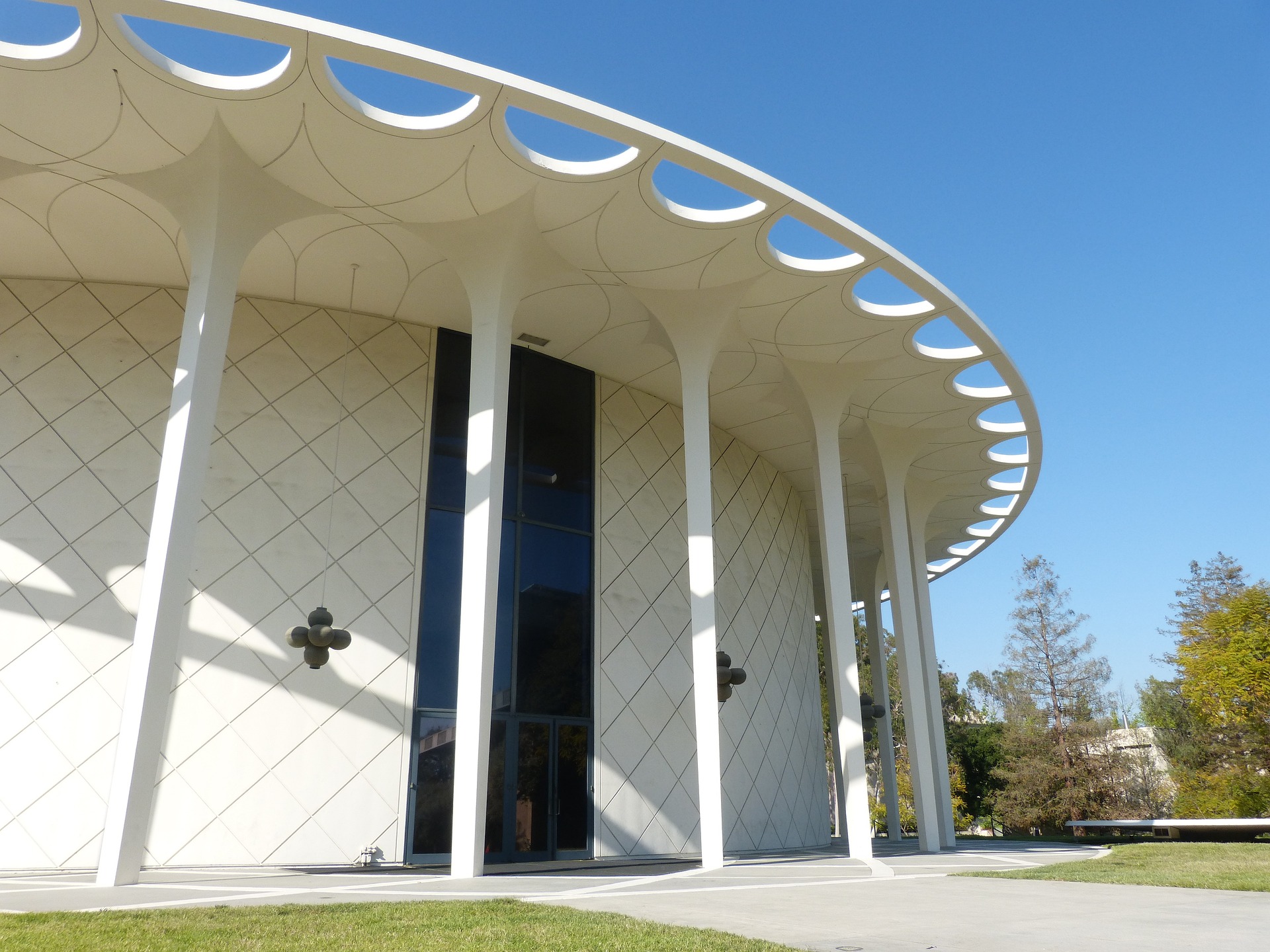How to Adjust to College Life


06 Nov 2022

College is like nothing you have ever experienced. You are going to a new location, meeting all-new people, and paying from thousands to hundreds of thousands of dollars for this new experience right out of grade school.
One of the most difficult parts of college is adjusting to the new environment. Many new students get home sick, imposter syndrome, or feel that they don’t fit into the new environment. My own experience going to UC Berkeley from high school was an arduous one. Although it is a great school and I think it does many things right, it is also a large public school with highly intense classes. Especially challenging is a school like UC Berkeley for those that come from lower-income or first-generation backgrounds into STEM.
Undoubtedly, adjusting to life at university is difficult, but it is one of the most important ways to succeed in college–for your career, your enjoyment, and your mental health. Here are some aspects of adjusting to life in university I think is really important to know:
Small, Medium, and Big Schools
I’ve had the pleasant opportunity to attend school at a large school (UC Berkeley), a small school (Caltech), and a medium-sized school (Carnegie Mellon), and I think the size of a school really does change how your college experience will be.
From my experience and what I have heard, the social life at a small school can be kind of tricky. As a mentor of mine who went to Harvey Mudd College, a small renowned STEM college near Los Angeles, once put it,
everyone will know everything about everyone, and that can be too much information.
Dorms or (“Houses/Hovses” at Caltech) tend to be the places where you meet your first set of people you may want to hang out with. From what I have heard from a school like Caltech, a lot of the social life really does occur more within the dorm. At first, the school will tend to arrange some socials, and some students or clubs may soon take over arranging some fun adventures where you’ll be leaving from your common location—out to restaurants, karaoke bars, picnics, etc.
Related to that, as you begin adjusting to college, I think it’s a good idea to go to as many social opportunities as possible where you have a chance to see a lot of people. This will depend a lot on the person you are and the people you happen to meet, but it may be easier or harder for you to find people that you have things in common with, such as whether the people you have met so far like going to parties, like playing the video or board games you play, or were raised in a similar culture. As you might imagine, if you are a minority in some ways and especially at a small school, you might need more time to keep trying to find more people to find the ones you’ll click with, since you might not be as involved or comfortable with the culture of the majority.
A large school has the benefit of a much bigger pool of people you may click with and befriend, which can make the friend search a bit easier. However, there is the issue of “falling through the cracks” at a large school, since there are so many students. Due to the size of larger schools, people may move on quickly and “forget” about some of the people that they don’t see as often. At a small school, oftentimes you’ll see the same people over and over again in the same campus, dorms, and classes, which can make it easier to not be forgotten by some of your friend precursors/acquaintences.
One interesting paradox of social life is that on average, your friends are more social than you. This is due to those friends you know who are the “connectors”, who are more likely to make more friends than the average person they befriend, which may include you. Due to this reason, don’t fall into the trap of thinking you are really anti-social compared to some of your friends. In my opinion, I think having just 2-4 really good friends in a new environment is all you need to enjoy yourself, but feel free to be friendly and talk with a lot more people.
In any social situation, remember it is a two-way commitment (although it may settle to become one person arranging more of the tagups and hangouts), so you will have to put yourself out there to see whether other people would like to do activities with you.
College Clubs
Clubs are an underrated way to create a great social life in college. There tends to be two major types of clubs, social/cultural clubs and technical/professional clubs, and a spectrum of clubs in between. I will mention that at many smaller schools, club culture may be much less active, which is unfortunate, but there may be more social events in other places, such as dorms, majors, and even research groups. After all, if you are at a small school, there may be only so many students interested enough in a culture or idea to lead many social events, cultural shows, and build seasons. This can be especially the case if you are interested in niche topics, for example, Taiwanese-American social events, MMA, or FSAE racing.
Above a certain size of school, say 5,000 undergraduate students, there tends to be the critical mass necessary for quite a few social and cultural clubs, and clubs that may require more bring-up (martial arts clubs, race and rocket teams, entrepreneurship clubs, etc.). I would recommend all undergraduates to join some club that they like. It is especially nice to join at least one technical/professional club where your interests match that of the club, and you like the people there. It can help your career because you get practical experience early on, and you have plenty of connections with people that tend to be driven and interested in work that you want to do. Joining a social/cultural club is also a really nice experience since you tend to be able to find friendly folk that would like to do some fun activities together.
Sport clubs can also be fun, good for your body, and be very social. Since you will be a visible part of the game, you won’t possibly be left in the corner. Whovever you are at whatever level you are, people will tend to root for your improvement (unless the club is toxic, which may happen occasionally). For those that want to try some beginner-friendly clubs that involve exercise, joining dance teams and ultimate frisbee tends to be quite accessible, fun, and social experiences.
Dorm Life
Dorm life can be pretty hit or miss. Although there is the benefit of proximity, the people the school chooses for you to be close to can be random, and that may make it hard for you to find the people in the set that you click with. However, having a good set of friends near where you live can be really beneficial. Having casual encounters will be much easier, which is one of the fastest ways for people to build rapport. You can also help each other out much more easily, for example, when you forget your keys, or want to help each other work on homework. It is also easier to be invited to events, since you’ll be seeing people casually enough and be on people’s minds or be seen as they head out to grab food or go to a party.
Research Life and Graduate Students
At research universities, there is a hidden but bustling world where people are producing knowledge and conclusions for all the world to know. This is the research world.
The research world tends to be where graduate students spend most of their time since many of them are hired to produce more papers for the general benefit of humankind. Therefore, it may be intimidating for undergraduates to access working in a lab, since they are often part-time workers in a full-time world. However, many graduate students used to be undergraduates working in a lab, therefore it is essential that as an undergraduate you find a research lab working on an interesting topic and where you like working with the people in the lab.
The biggest tip I can give about undergraduates in the lab is that they should come into lab often. The more visible you are, the more casual interactions you can have with those in the lab, and the harder working you will seem (which graduate students tend to respect a lot from an undergraduate).
Graduate students may seem intimidating, however, many of them are there to help you. Sometimes, graduate students can be intense and busy, but in a good lab environment, the graduate students should respect their undergraduate colleagues a lot and be friendly to them. It’s a good idea before you join a lab that you figure out how the social life is in the lab and whether you feel able to connect with a number of graduate students—they are very valuable resources to you since they have solved some very similar problems to the ones you are figuring out.
New Standards
For everyone coming to a new university, you may be placed somewhere else than what you were used to on the grading curve. More likely than not if you are going to a “target” or “reach” school, you will be placed on a lower percentile than you were used to in high school. For a number of people, this is devestating, since the grades you are getting now are lower.
I would recommend being aware of the way the university admissions system works, which means that many elite schools scrape off a bit of the top percentile of students from high schools all around the world, and that although it might be hard to recognize, even if you are not making grades that are as good as you were used to, you are still a very strong student. Many times, students that end up still being on the top of the curve come from some of the most elite high schools in the US or have quite privileged backgrounds.
Although it’s not quite fair that you are now being compared to these students, especially if you come from a lower-income background, this is unfortunately the way the university system is arranged. It is important to be able to make connections with everyone, including these very strong students, and to do your best to adjust to the higher standards that classes will hold you to. See my blog post “Surviving at UC Berkeley and Elsewhere” for some tips on how to become a stronger student in your university.
